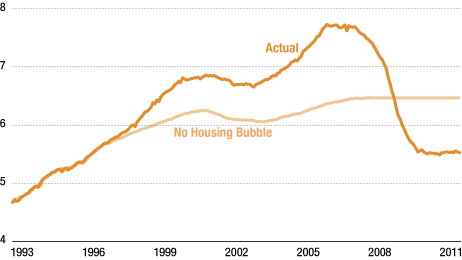
Enlarge Justin Sullivan/Getty Images
Justin Sullivan/Getty Images
Note: This is the first of two related posts.
In his latest New York Times Magazine column, Adam Davidson writes, "savings...have fallen steadily for more than 30 years, from a high of nearly 12 percent of income."
To continue the discussion, we asked two economists on different sides of the debate - Laurence Kotlikoff of Boston University and Annamaria Lusardi of George Washington University - to answer the following question:
Why are Americans so bad at saving?
Annamaria Lusardi's answer is below. To read Laurence Kotlikoff's response, click here.
I had not thought to check the sales of nail polish lately, so instead I will turn to one of the other points raised in Davidson's column, which is whether Americans are saving enough. To determine that, we normally turn to the National Income and Product Accounts statistics (men's underwear sales and wine auctions are not normally good proxies for saving), but, like the column, I will turn to some other indicators to discuses the state of saving in the United States.
According to a 2009 TNS Global Survey, when Americans were asked whether they could come up with $2,000 in 30 days, half of the respondents in a representative sample of the U.S. population said, "no." This means that half the population does not appear to have the means to deal with a small financial shock, such as an important car or home repair, to say nothing of a large shock, such as job loss.
Read More: If these people arrive at retirement prepared, it will be by chance.




















